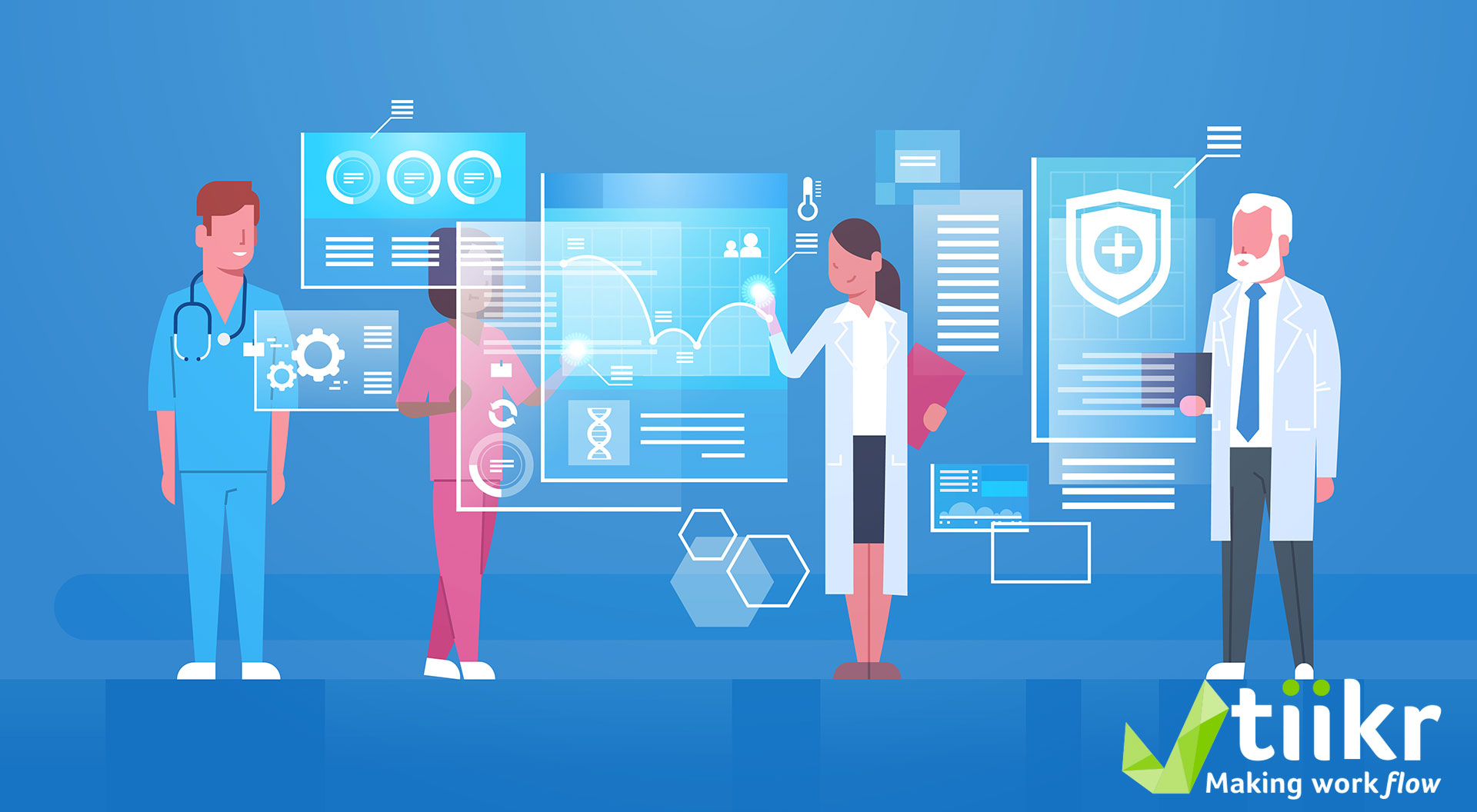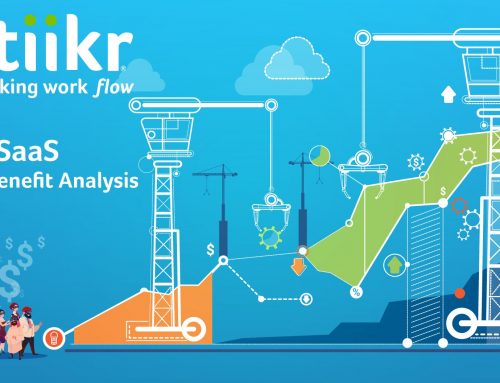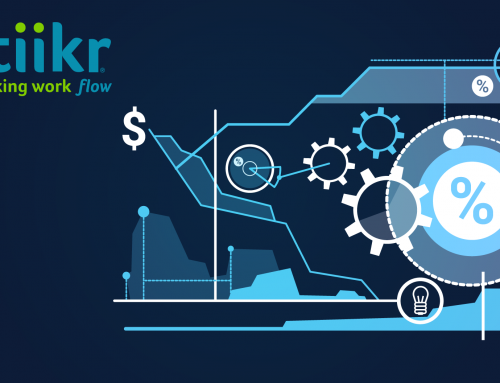Revolutionising Healthcare Management with Advanced Workflow Automation
In the rapidly evolving healthcare sector, the demand for increased efficiency, accuracy, and patient satisfaction has never been more critical. As healthcare providers navigate the complexities of today’s healthcare landscape, workflow automation emerges as a transformative solution. Tiikr, a leading Software as a Service (SaaS) platform, is at the forefront of this innovation, fundamentally changing how healthcare professionals and administrators manage their daily tasks.
Elevating Patient Care Through Automation
At the heart of healthcare is a deep commitment to patient welfare. Workflow automation tools, such as Tiikr, empower healthcare providers. It facilitates and enhances their focus on patient care by automating critical, yet time-intensive, administrative tasks. The adoption of such technologies facilitates the real-time updating of patient records, efficient appointment scheduling, and streamlined communication across departments. By reducing manual intervention, these tools significantly lower the risk of errors, ensuring the accuracy and reliability of patient information. As a result, healthcare workers can dedicate more time to direct patient interactions, thereby improving patient outcomes and satisfaction. To understand the impact of automation on patient care, consider the insights offered by HealthTech Magazine on how technology is reshaping patient experiences.
Streamlining Administrative Duties for Improved Efficiency
Healthcare professionals often face heavy administrative burdens. From paperwork and data entry to complex scheduling tasks. Leveraging Tiikr’s workflow automation capabilities can dramatically reduce these burdens by handling repetitive tasks,. Tiikr can optimise key processes like patient registration, billing, and inventory management. This shift not only conserves resources but also reduces operational costs. This allows staff to focus on more critical patient care aspects. Automated reminders and notifications help maintain clear communication with patients and staff. This reduces no-show rates and enhancing the healthcare delivery experience. Becker’s Hospital Review provides valuable further reading on streamlining administrative duties, resources and case studies.
Facilitating Data-Driven Insights for Strategic Decision-Making
In the data-centric world of modern healthcare, access to accurate, timely information is paramount for making informed decisions. Workflow automation tools provide healthcare administrators with the capabilities to efficiently collect, analyse, and interpret vast data sets. With Tiikr, healthcare facilities can monitor trends, evaluate performance metrics, and identify improvement opportunities. This analytical insight is critical for strategic planning, resource allocation, and continuous care quality improvement. Visit Tiikr’s Healthcare page to explore how Tiikr can revolutionise healthcare management.
Upholding Compliance and Ensuring Data Security
The healthcare industry is subject to stringent regulations regarding patient data privacy and security. Workflow automation technologies are designed to meet these challenges head-on, offering features that help healthcare providers comply with laws like HIPAA in the United States. By automating patient record management and ensuring secure data storage, Tiikr supports healthcare organisations in upholding the highest data privacy and security standards.
Conclusion: Shaping the Future of Healthcare with Workflow Automation
The integration of tools like Tiikr represents a significant leap forward in healthcare delivery and management. By automating routine administrative tasks, healthcare professionals can refocus their efforts on the core mission of patient care. These solutions pave the way for better decision-making, operational efficiencies, and regulatory compliance. As the healthcare landscape evolves, the role of workflow automation will become increasingly critical, heralding a new era of efficiency and patient-centred care. This innovative approach not only promises to transform healthcare management but also to set new standards of patient care for the foreseeable future.







